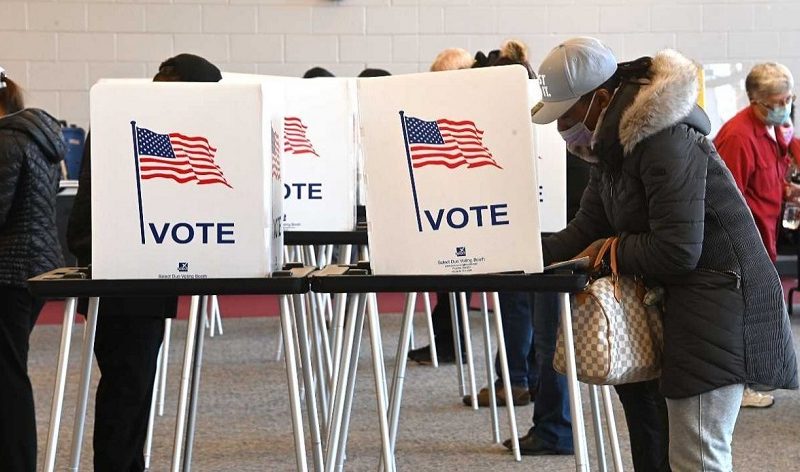Lansing, MI— A package of bills advancing through the state legislature aims to expand voting rights in Michigan by requiring ballots to be available in multiple languages. While the proposal, known as the Michigan Voting Rights Act, has garnered significant support from advocates for voting accessibility, local election officials are raising concerns about the potential financial burden and practical challenges of implementing the changes.
The bills, which were recently passed by the Elections and Ethics Committee, include provisions for non-English language ballots, expanded voter accessibility, and accommodations for individuals with disabilities, such as curbside voting. The legislation is intended to ensure that more voters, especially those who do not speak English fluently, have access to election materials in a language they understand.
However, local clerks, including Delta Township Clerk Mary Clark, expressed significant apprehension about the potential cost of implementing the law. Clark, speaking on behalf of the Michigan Association of Municipal Clerks, acknowledged the importance of making elections more accessible but emphasized the need for financial support from the state to cover the costs associated with translating ballots and election materials.
“We have concerns not about the intent of the bill, but about the execution of the bill,” Clark said. She highlighted that local election offices would be required to print ballots in multiple languages, update programming for voting equipment, and produce instructions, signage, and secrecy sleeves—all of which would carry a substantial financial cost.
The costs associated with such an overhaul would be especially burdensome for smaller jurisdictions, according to Clark. She pointed out that the mandates outlined in Senate Bill 403 would require local clerks to make significant investments in infrastructure and resources. “Local offices can only afford so much,” Clark said.
In response, Meridian Township Clerk Angela Demas expressed her support for the broader goals of the Michigan Voting Rights Act but echoed concerns about the potential financial strain. “I support the goals of the Michigan Voting Rights Act to increase accessibility to voting, including providing ballots in other languages,” Demas said in a statement. “I share the concerns of many of my fellow clerks that this could turn into an unfunded mandate at a time when our clerk’s offices are already stretched thin.”
The proposal has sparked a debate over whether the state should fully fund the additional costs incurred by local election offices. Clerks across Michigan are calling on the Department of State to cover the expenses of non-English election materials, urging lawmakers to include such funding provisions in the final bill.
Despite the financial concerns, advocates for the bill stress the importance of ensuring that all voters, regardless of language or ability, have equal access to the voting process. Maria Van Core, with the Greater Lansing Area LCLAA, shared a personal perspective on the issue, recounting her own experience of growing up in a household where English was not spoken. “I never voted until I turned 34. My mom never voted,” Van Core said. “I remember used to ask my mom if she voted every time there was an election. She said no, only people who owned homes vote.” She later learned that her mother’s lack of participation was due to her inability to understand English.
The Michigan Voting Rights Act passed the Senate in September and is now set to go before the House for a vote. As it progresses through the legislative process, local clerks are calling for a clear commitment from the state to cover the costs of implementing the law’s language access requirements. With the bill’s provisions extending to voters with disabilities as well, the debate over funding will likely continue as lawmakers work to balance accessibility with financial feasibility.












